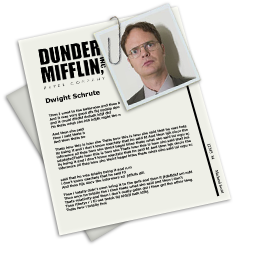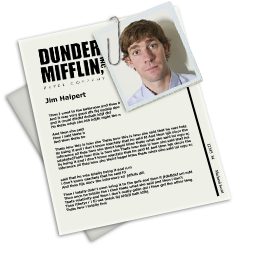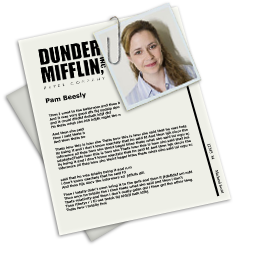The Economics of The Office
Learning economics from the world's best boss
Landlord Dwight
When Dwight becomes the office's landlord he sets up a coffee shop in the foyer and installs motion sensors on the lights. Dwight is able to charge high prices in the coffee shop because its location gives him monopoly power. His efforts to cut costs are an example of incentives at work.
Microeconomic Behavior: Underlying Principles (D01) Production and Cost (D24) Monopoly (D42)
Broke
Using this clip as a starting point, we can demonstrate and discuss the difference between fixed costs and variable costs.
Buyout
Michael realizes that he is in a better bargaining position than he might have earlier realized. Even though his strategy is irrational because he should be desperate to sell, he takes a game theory optimal approach because David Wallace’s utility function does not match that of Dunder Mifflin as a company. We could also label this clip as a demonstration of the “Principal Agent Problem” because David is the principal acting on behalf of all Dunder Mifflin Shareholders.
Microeconomic Behavior: Underlying Principles (D01) Production and Cost (D24)





